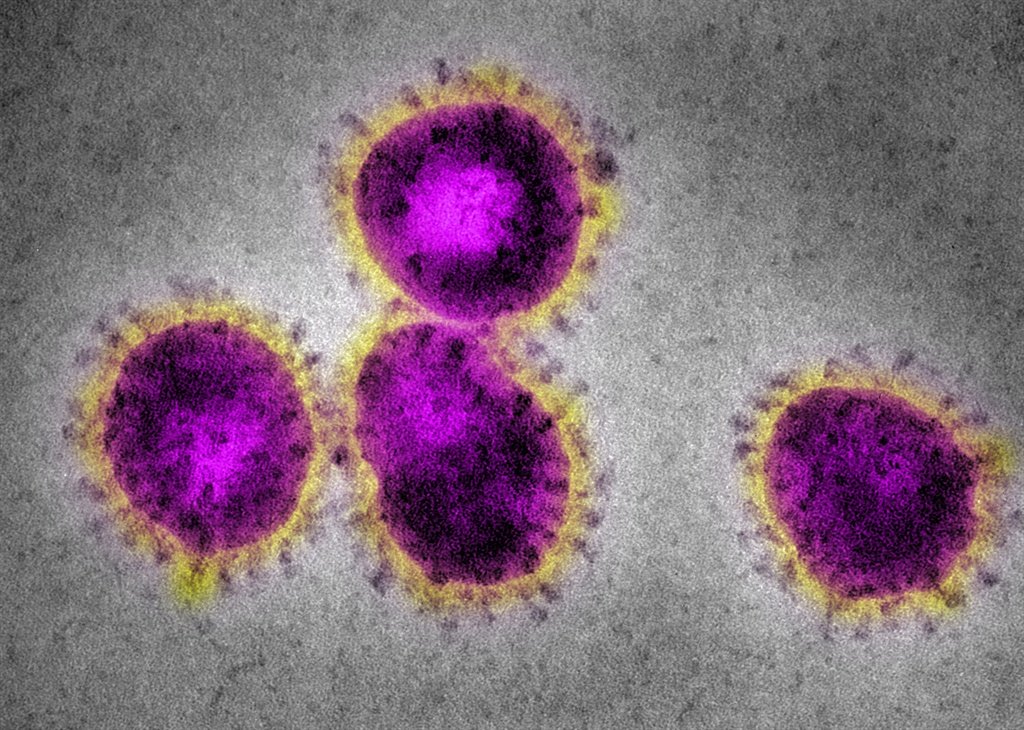

Taiwan‘sgovernment said on Sunday that an elderly Taiwanese woman who was part of a tour group in Egypt was likely infected with the Covid-19 virus while there last month and unlikely the source of infection of 12 Egyptian crew on a Nile cruise.
Egyptian Health Minister Hala Zayed said in a statement on Friday the Taiwanese tourist was the source of the infection of 12 Egyptian cruise ship workers. One person died in Egypt on Sunday – a German tourist – and the number of infections jumped from three to 45 in one day, according to the Egyptian government.
But Taiwan’s Central Epidemic Command Centre (CECC) said it tested the Taiwanese woman, also known as “Patient 39”, and sequenced the DNA of the virus strain found in her blood. That showed her infection had little similarity with the strain found in other Taiwanese patients.
The CECC findings contradict Egyptian and World Health Organisation officials who said the Taiwanese woman was likely the source of infection of the Egyptian citizens.
Yeh Shiou-hwei, a microbiology professor at National Taiwan University, was quoted as saying the DNA sequencing is like doing a “paternity test” by comparing it to other coronavirus cases found around the globe.
“It is closer to those found in coronavirus infection samples in Europe, including those in Italy, Brazil and Nigeria,” said Yeh.
Taiwan’s diligence
Given its location about 130km off the coast of mainland China and having about 850 000 of its citizens living there, it is surprising that the island only has 45 coronavirus cases and one reported death. Mainland China, in comparison, has more than 80 000 infections and nearly 3 100 deaths.
Dr Jason Wang, a professor of paediatrics at Stanford University in California and a native of the island, told Al Jazeera the success of his homeland was from “hard work” and using technology and data analysis.
He said Taiwan had learned its lessons from the SARS epidemic in the early 2000s, and developed strong prevention and inspection systems to combat the disease.
He also attributed the low numbers in Taiwan to its social norms.
“Taiwanese people often wear medical masks in public in order to guard against pollution or germs, so not to get sick. But in the US, people wear masks only when they get sick,” Wang said.
He added in the Middle East people tend to express their affection through kissing and hugging, but not in Taiwan.
Egypt a concern
In the Middle East, Iran remains the epicentre of the epidemic with 6 566 infections and 194 deaths.
But Egypt remains a country of concern in the Arab world because of its dependence on foreign tourism. Millions of its citizens also travel back and forth to work in many countries in the region, posing a high-risk scenario for other countries.
Several nations have restricted travel to and from Egypt over concerns about the coronavirus.
Qatar, Kuwait, Oman and Saudi Arabia have announced either a temporary ban on visitors coming from Egypt through intermediate points or requiring Egyptian visitors to have an official certificate proving they were free from the virus.
A Jordanian government official told Al Jazeera his country’s biggest fear comes from Egypt because the “Egyptian government doesn’t seem to be telling the truth about their situation”.
He said Jordan had taken rigorous steps to ensure strict health and travel checks on those coming from Egypt and other countries. The official declined to be identified because he was not authorised to speak to the media.
According to the head of Jordan’s Food and Drug Administration, Dr Hayel Obeidat, Jordan has only one confirmed case and about 200 people in quarantine.
“We in Jordan follow the policy of transparency and honesty when it comes to informing and updating the public about the coronavirus situation in the country,” said Obeidat.
“For us, the coronavirus situation is first and foremost a public health issue for our citizens and we are doing our best to assure the public and put in place preventive measures for our safety.”
Obeidat told Al Jazeera that Jordan’s FDA was the first in the region, if not the world, to ban the export of medical supplies used to prevent the spread of the virus, such as face masks and hygiene products.
More than 3 700 people have died globally from Covid-19, as the illness is officially known, while more than 106 000 infections have been confirmed in dozens of countries.
